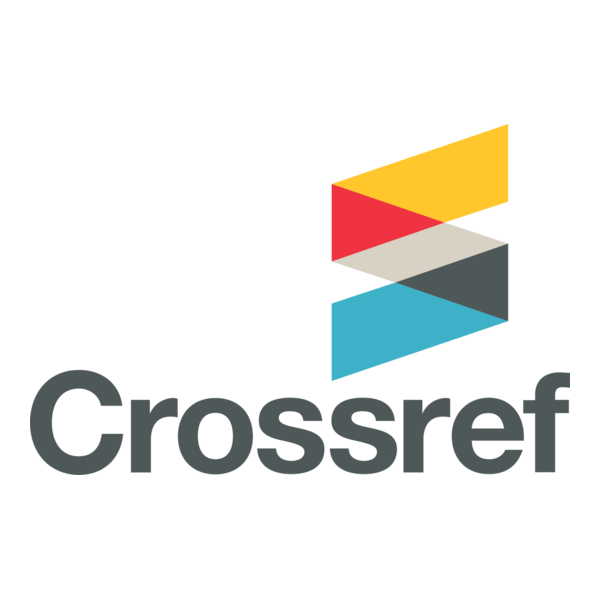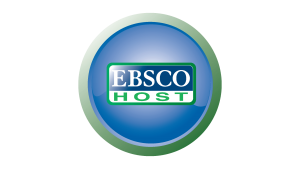Inclusive Education in Georgia
Current Progress and Challenges
Keywords:
inclusive education policy, learning barriers, education for all, special schools, policy implementation process, raising awarenessAbstract
Purpose and Originality: The paper provides a realistic picture about how the implementation process of inclusive education in Georgia is developing, about the problems that are encountered together with what needs are to be fulfilled for stimulating the process.
Today’s challenge in the country is to make inclusive practices available to everybody, everywhere and all the time. This article discusses the status of the efforts being made to meet this challenge. In the course of that discussion, some comprehensive changes will be described that systemic efforts of school improvement must achieve to continue making progress towards fully inclusive learning.
Method: The study was conducted in Georgia. A qualitative research design was employed along with closed-ended and open-ended questionnaires, which allowed participants to express their point of views, skills and knowledge. Data collection methods were applied: semi-structured interviews and observation on respondents.
Results: The study uncovers those challenges that obstruct the implementation process: indifferent attitudes of teachers and parents towards inclusion, absence of self-awareness to the issue amongst educators, slightest involvement of parents and need to infrastructural development.
Society: The results should raise the awareness of the population of Georgia as well as increase the understanding of the problem.
Limitations / further research: There were quite enough informants on the school level (special teachers, principals), however, there are still many other possible respondents who could add something valuable to a better understanding of the process of inclusion at schools. The theoretical approach employed in the study and the empirical research could be validated.
Additional Files
Published
How to Cite
Issue
Section
License

This work is licensed under a Creative Commons Attribution-ShareAlike 4.0 International License.
![]()








